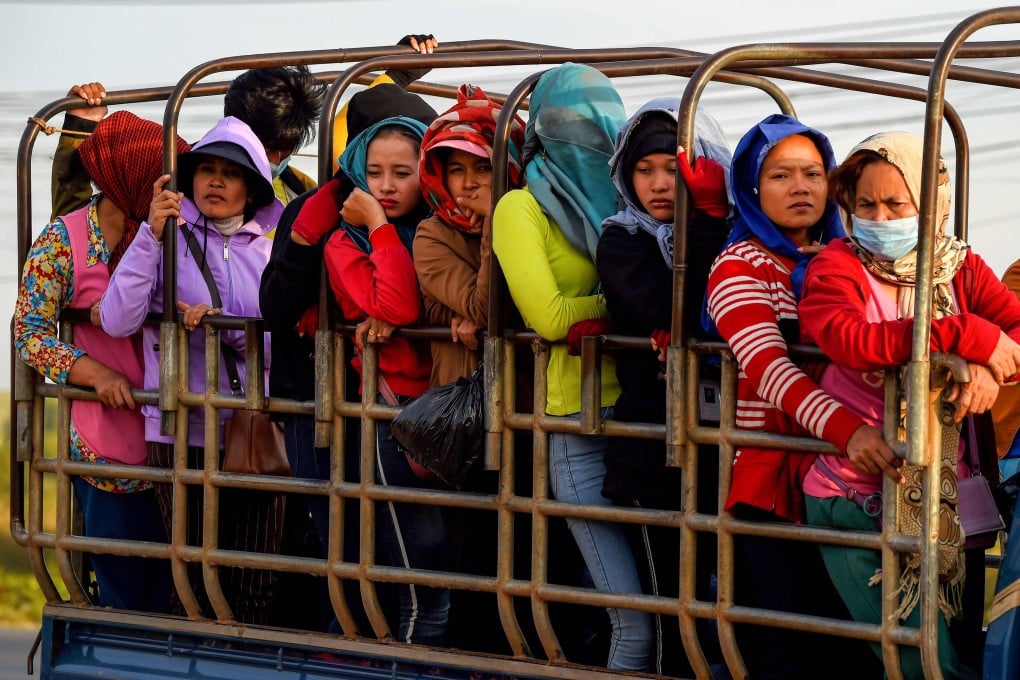Advertisement
The View | From Ukraine to Cambodia, women far from home need access to finance
- If displaced people are unable to access financial services, they are at heightened risk of poverty
- While private sector tools such as digital wallets have proved helpful, government efforts, including creating easy-to-access identity documents, are much needed too
Reading Time:3 minutes
Why you can trust SCMP

Water, food, shelter and income are widely acknowledged basic needs of displaced people. But another critical need is often overlooked: finance. Access to banking, money management, payments, insurance and credit are fundamental to modern life.
Advertisement
Once the challenges of travelling and settling in a new place are solved, displaced people need to keep money safe, build savings, ensure against catastrophic risk and send money to relatives back home. The world, and Southeast Asia in particular, cannot meet the crisis of displacement without including financial services.
The need is urgent and expanding. Economics, conflict, climate change and human rights issues all are driving rising displacement. The world’s refugee population has doubled in the last decade and is expected to continue to grow at an alarming rate. According to the UNHCR, more than 100 million people had been forced to leave their homes and seek refuge in another country through 2022, and even more have moved internally within their country.
When we forget enabling access to relevant financial services for displaced people, we risk plunging them into poverty. For example, Women’s World Banking recently spoke to forcibly displaced Ukrainian people now in Moldova and Romania to understand the life-altering challenges related to travelling with and managing cash.
One woman’s life savings were taken by a host family she thought she could trust. Another wanted to set up a business but found she was unable to order the supplies she needed in cash as she lacked the credit or debit card required for an online transaction. One study of microfinance customers found that in the course of a year, people on average lose 22 per cent of funds saved in cash.
But we have cause for hope. Many examples show that when we lend a hand, displaced women have a chance to thrive.

Advertisement
